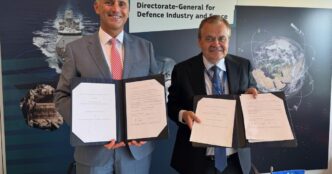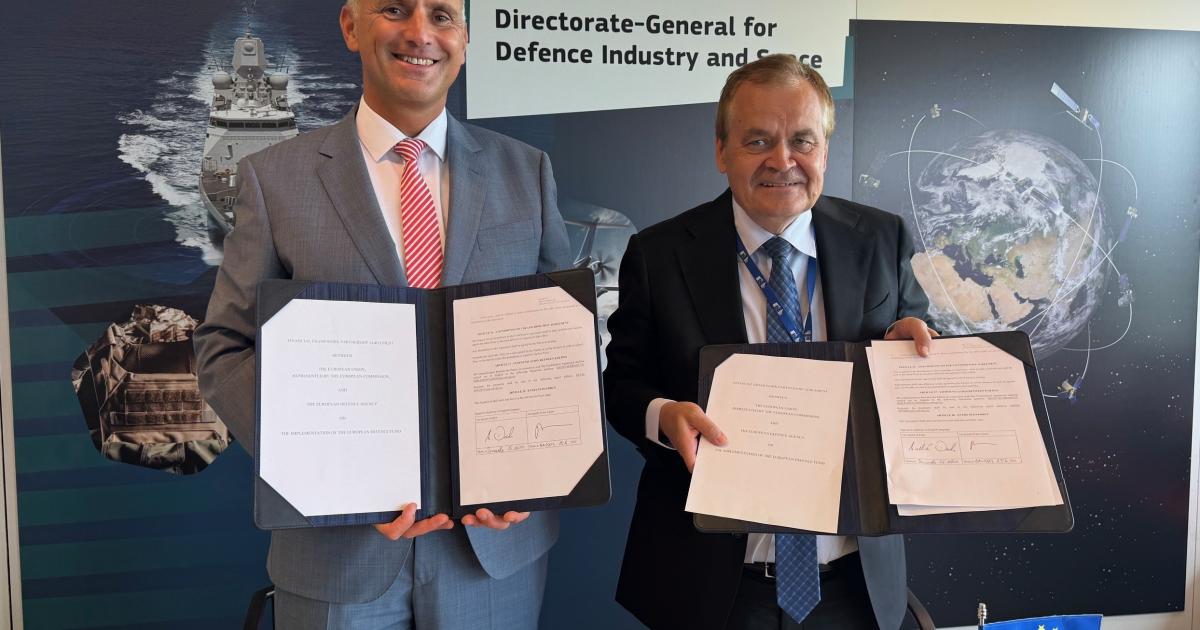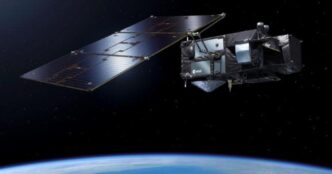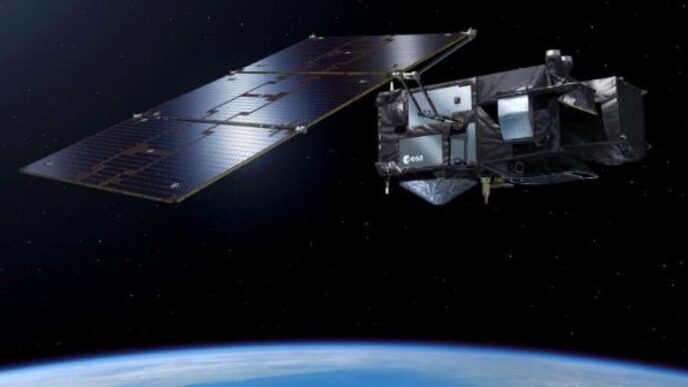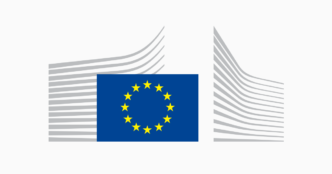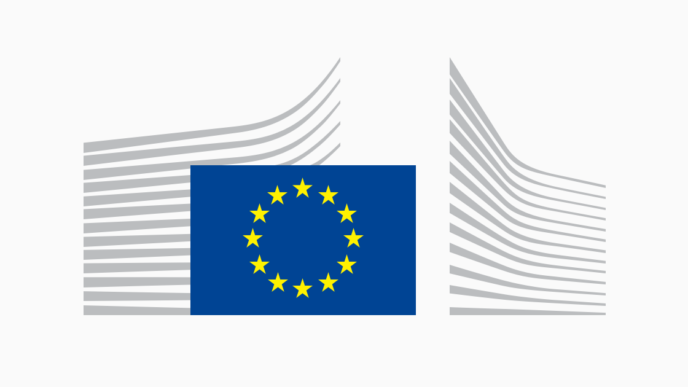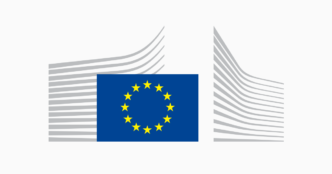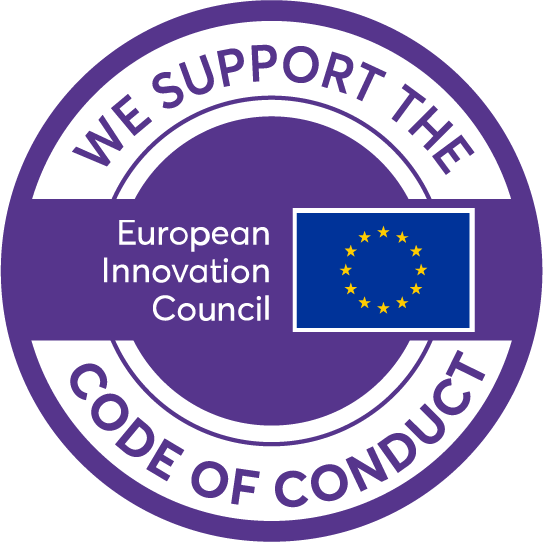On June 25, the European Commission and the European Defence Agency (EDA) took a step forward in enhancing European defence cooperation by signing a Financial Framework Partnership Agreement (FFPA). This new agreement provides a long-term, stable foundation for working together on defence initiatives in relation to the European Defence Fund (EDF).
The FFPA simplifies how the Commission and EDA sign annual Contribution Agreements, helping to speed up the process of supporting joint defence projects under the EDF. This creates the basis for a more enduring partnership between the Commission and EDA, closely linked to the Multiannual Financial Framework (MFF). The agreement aims to simplify and accelerate the administrative and financial procedures related to indirect management of EDF projects, allowing resources to be mobilised more efficiently in support of EU strategic autonomy.
Since the EDF was established, the Commission has entrusted EDA with the indirect management of 24 defence projects. With the addition of new projects made possible through this FFPA, – that number is expected to rise to over 40 projects with a total value of around €300 million.
This new partnership builds on the strong cooperation that has already developed between the European Commission’s Directorate-General for Defence Industry and Space (DG DEFIS) and EDA. This framework stabilises and formalises a cooperation process between DG DEFIS and EDA on defence innovation, which further expands through the complementarity between the European Defence Innovation Scheme (EUDIS) and EDA’s Hub for Defence Innovation (HEDI), building on their respective strengths.
DG DEFIS already closely collaborated with EDA for the implementation of EDF projects through annual Contribution Agreements since the launch of EDF in 2021. The FFPA ensures continuity and better coordination for European defence capabilities development.
In parallel with the FFPA, the Contribution Agreement for EDF 2024 calls was approved, further solidifying the operational and financial collaboration between the European Commission and EDA. Together, these agreements provide a clear and streamlined mechanism to manage joint defence projects, making it easier to implement and deliver critical defence capabilities.
‘This agreement is more than a formality; it is a strategic enabler. By simplifying our cooperation with EDA, we will accelerate the delivery of innovative, EU-funded defence projects. This partnership is a concrete step towards providing our armed forces with the cutting-edge capabilities they need, faster and more efficiently. We are committed to turning our cooperation into tangible results for Europe’s security.’, said Timo Pesonen, Director-general of DG DEFIS.
‘Thanks to this new agreement and these new EDF projects, we can help EU Member States develop new defence technologies faster. Working with the European Commission, we can identify the most promising solutions, and, importantly, act as a technology broker – using EDA’s networks and EU funding to support further development’, said André Denk, Chief Executive of the European Defence Agency.
With an increasing number of projects and a deepening partnership, the Commission and EDA recognised the need to simplify how they work together. The FFPA does just that.
It introduces:
- A standardised annual contribution agreement template that speeds up annual negotiations;
- Faster EDF grant procedures, with reduced administrative burden;
- Better alignment of timelines between DG DEFIS and EDA, helping to ensure smoother delivery of funding to defence actors with a particular attention to grant agreement preparation timeline for directly and indirectly managed projects.
These changes are especially beneficial for small and medium-sized enterprises (SMEs), which make up a large share of EDF beneficiaries and are key drivers of innovation in the defence sector.
